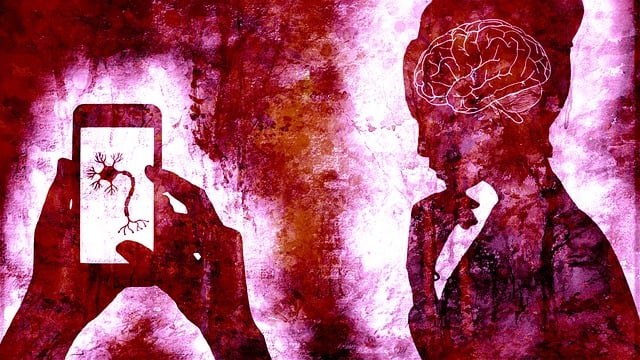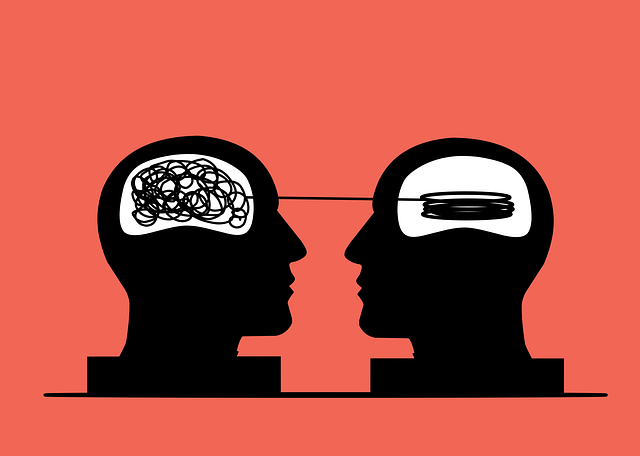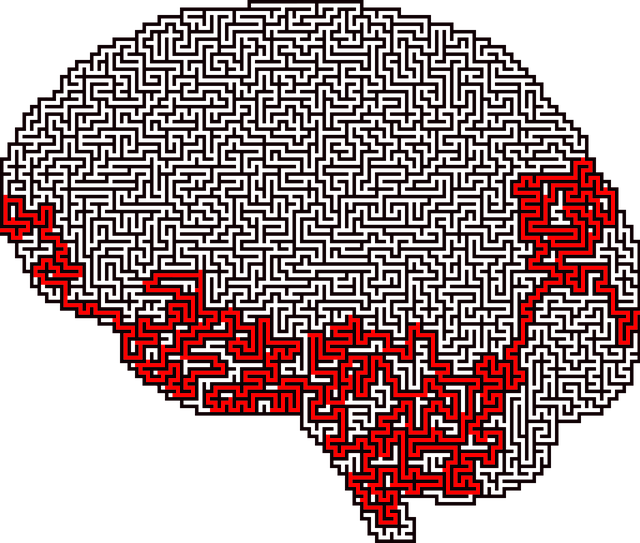Emotional intelligence (EI) development in early childhood is crucial for healthy relationships and communication. Through therapy focusing on anger management, kids learn to recognize and control their emotions, preventing crisis and fostering conflict resolution skills. Key methods include interactive play therapy, mindfulness meditation, culturally sensitive approaches, and tailored coaching programs. Play therapy, emphasizing safe expression of feelings through play, addresses immediate emotional needs while promoting long-term mental health benefits. Nurturing social-emotional skills through interactive activities and positive thinking principles lays a strong foundation for future mental well-being.
Emotional intelligence is a cornerstone of healthy development, especially during childhood. Understanding and managing emotions effectively can profoundly impact a child’s future social interactions and overall well-being. This article delves into crucial aspects of emotional intelligence building, focusing on strategies to help young kids recognize and express their feelings, manage anger, and foster balanced growth through play therapy and nurturing social-emotional skills. By exploring these key areas, parents and caregivers can empower children with essential tools for navigating life’s challenges.
- Understanding Emotional Intelligence and Its Significance in Childhood
- Recognizing and Identifying Children's Emotions
- Strategies for Teaching Anger Management to Young Kids
- The Role of Play Therapy in Enhancing Emotional Awareness
- Nurturing Social-Emotional Skills for a Balanced Growth
Understanding Emotional Intelligence and Its Significance in Childhood

Emotional intelligence (EI) refers to a person’s ability to recognize, understand, and manage their own emotions, as well as empathize with others’ feelings. For children, developing EI is crucial as it forms the foundation for healthy relationships, effective communication, and emotional regulation. Early childhood is a critical period for cultivating these skills due to rapid brain development and the forming of social connections.
Children who learn to recognize and manage their emotions through therapy for young children can better navigate challenges like anger management. This not only prevents them from acting out in ways that could lead to crisis intervention but also fosters conflict resolution techniques that serve them well throughout life. Additionally, strong emotional intelligence helps children understand and respond appropriately to others’ moods, promoting empathy and social-emotional growth. Effective guidance in these areas can empower young individuals with tools for mood management, enhancing their overall mental health and well-being.
Recognizing and Identifying Children's Emotions

Recognizing and identifying a child’s emotions is a crucial step in fostering their emotional intelligence. Young children often struggle to articulate their feelings, making it essential for caregivers and therapists to help them understand and manage their emotions effectively. Through interactive play therapy sessions, professionals can guide young minds to recognize anger as a valid emotion, teaching them appropriate conflict resolution techniques. For instance, mindfulness meditation can be introduced as a tool to calm and process intense feelings, thereby promoting healthy emotional regulation.
Cultural sensitivity in mental healthcare practice is also vital when addressing children’s emotions. Understanding the diverse ways emotions manifest across cultures enables therapists to tailor their approaches, ensuring that young clients from various backgrounds feel heard and respected. By incorporating age-appropriate communication methods and considering cultural context, therapists can create a safe space for children to express themselves freely, thereby enhancing their emotional intelligence and overall well-being.
Strategies for Teaching Anger Management to Young Kids

Teaching anger management to young children is a crucial aspect of their emotional intelligence development. Early intervention can help mitigate potential risks associated with unmanageable anger, which is often a symptom of underlying mental health issues. Therapy for young children focused on anger management involves a multi-faceted approach that includes both individual and group sessions. Mental wellness coaching programs designed specifically for this age group can be highly effective in teaching kids to recognize and express their emotions in healthy ways.
Professionals in the field of mental health are increasingly incorporating risk management planning into their practices, tailoring strategies to each child’s unique needs. This involves helping them understand triggers, practice deep breathing techniques, and develop problem-solving skills. By fostering emotional intelligence, children learn to manage not just anger but a range of feelings, contributing to their overall mental wellness. Such interventions are pivotal in shaping their ability to navigate relationships and handle academic pressures as they grow older.
The Role of Play Therapy in Enhancing Emotional Awareness

Play therapy offers a unique and effective approach to enhancing emotional awareness in young children. Through play, therapists create a safe and supportive environment where kids can explore their feelings and express themselves freely. This process is especially beneficial for managing anger, a common issue in childhood that, if left unaddressed, can lead to more severe mental health issues like anxiety relief and depression prevention later in life.
By incorporating play into therapy sessions, professionals design engaging activities that encourage children to identify and label their emotions. This mental health education programs design fosters emotional intelligence by teaching kids coping strategies and enhancing their ability to navigate and understand their own psychological landscape. Play therapy goes beyond simple entertainment; it’s a powerful tool for building resilience and promoting positive mental health development in young individuals.
Nurturing Social-Emotional Skills for a Balanced Growth

Nurturing social-emotional skills is vital for a well-rounded development in young children. Through interactive play, group activities, and age-appropriate discussions, kids learn to recognize and manage their emotions effectively. This early exposure lays the foundation for better mental health later in life. Therapy for young children often incorporates anger management techniques, teaching them how to express frustration constructively rather than as impulsive aggression.
Integrating Mind Over Matter principles can significantly enhance this process. Positive thinking and reframing negative thoughts equip children with resilience against emotional turmoil. Moreover, risk assessment for mental health professionals plays a crucial role in tailoring interventions to meet individual needs, ensuring balanced growth and well-being.
Emotional intelligence is a cornerstone of holistic child development, and early interventions through strategies like play therapy can significantly benefit young children. By recognizing and managing their emotions effectively, kids gain essential skills for anger management, social interaction, and balanced growth. Incorporating these practices fosters a nurturing environment that empowers children to navigate their emotional landscapes, setting them up for success in their personal and professional lives. In the context of childhood development, investing time in building emotional intelligence is a powerful step towards enhancing overall well-being.










